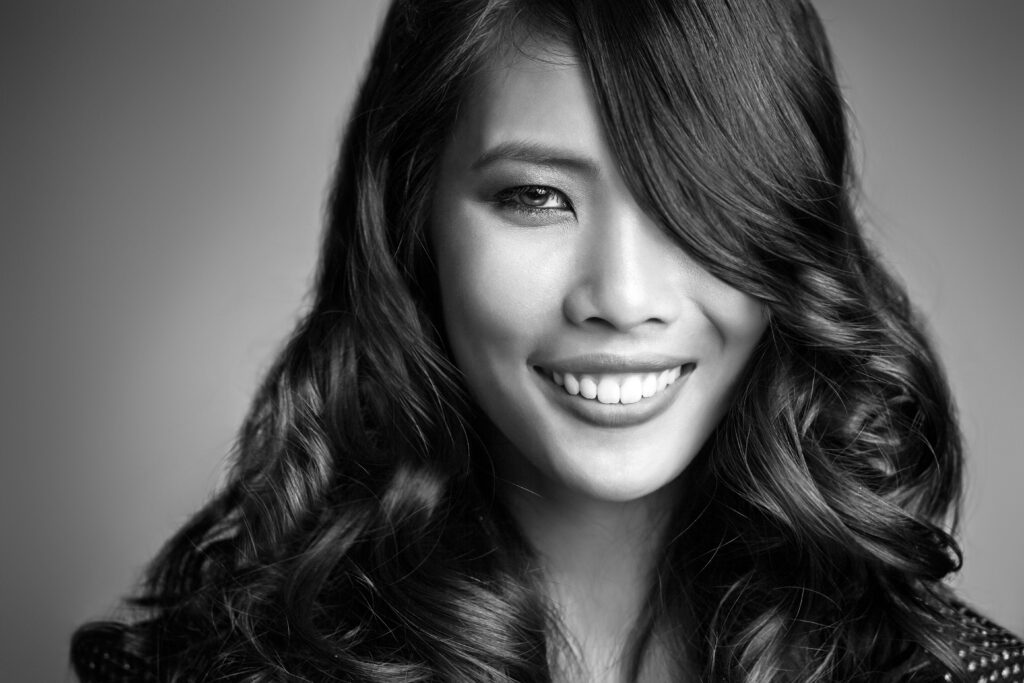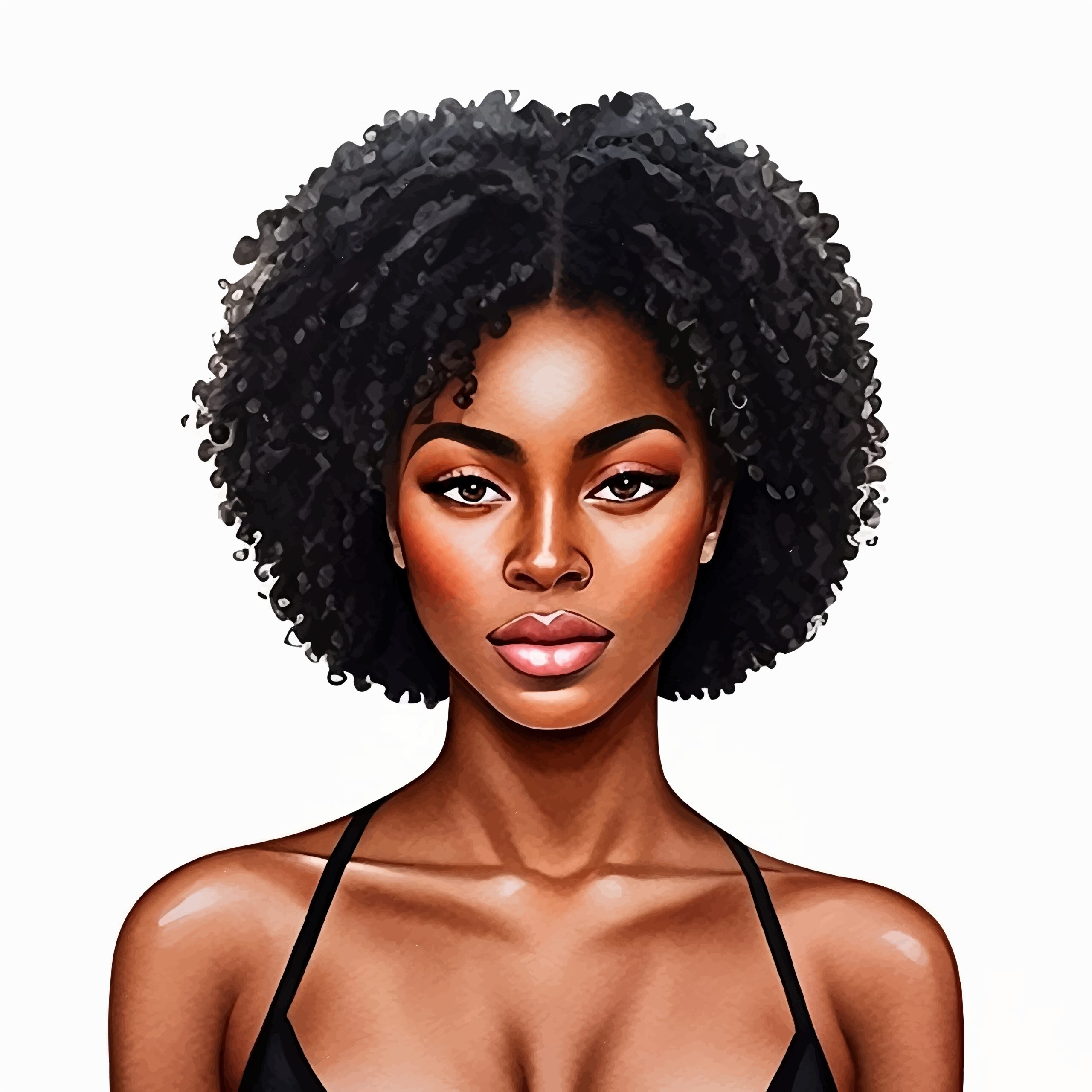One of the most enduring stories and sagas of American life has been about Black women as wives, mothers, and pillars of strength ensuring the safety and cohesion of their families. They’ve been depicted in innumerable movies and books as determined, strong-willed, and unshakable in their leading and holding together the family through impossible obstacles and soul-wrenching heartaches. Is that image still applicable in today’s America?
Let’s face it: America has a very troubled history. Since it was first discovered, indigenous cultures have been suppressed, forced off their ancestral lands, herded into undesirable territories, and ostracized from “mainline” society. They were determined to be “savages” who needed corralling and domesticating.
Blacks brought from other countries were here for one purpose: to serve as slaves to the ruling class. Families were torn apart, sold in markets, forced to serve, and trained to be subservient. They were purposely deprived of schooling, adequate living conditions, and any kind of rights. They were completely enslaved to a horrific system of servitude.
Yet Black women have somehow managed to endure. With their emotional fortitude, they were able to withstand despicable deprivations, rape, and torture, killings of their family members and friends, being constantly discounted and demeaned, and being barred from advancing in society on any level. Their stories are titanic in scope, and they reach deep into a narrative of survival and ultimate triumph in a country that still attempts to stifle them.
Here, in the year 2024, Black women have remained the stalwart centers of their families, though the parameters have changed. For several generations, Black women have achieved milestones in every arena imaginable while still holding their families together, guiding, nurturing, and sharing their wisdom and strength. But that has been slowly eroding, especially with taking on careers and their advancement in the worlds of business, athletics, entertainment, and politics. We also have to take into account the advent of technology.
Today, our lives are filled with a tsunami of distractions from smartphone obsession to social media trends to the impact of influencers to movies and TikTok videos. In tandem with that, attitudes and behaviors have begun to reach the outer limits of acceptableness and decency. The idea of celebrating and maintaining family connectivity and cohesion is evaporating as more and more young girls and women fall down the rabbit hole of “sociality.”

Sociality is described as individuals, specifically animals, gathering in cooperative social groups for survival, procreation, and belonging. But for the purpose of this article, sociality is being applied to what we’re seeing occur with younger generations who have grown up with smartphones, social media, reality TV shows, and the Internet. Sociality here means social connectivity without real connection — it’s one-dimensional, self-serving, and continually lowering the bar of humanness, compassion, kindness, meaningful communication, and heart.
This kind of sociality is pervasive, insidious, and has a negative impact as it relates to family and a more expansive life perspective and one’s place in the world.
For example, observing reality TV shows, whether with a young cast or adults, is a real eye-opener. The outrageous behaviors, deceitful interactions, emotional dishonesty, lack of respect and consideration, self-centeredness, and low level of consciousness is astounding. Granted, it’s television, and directors and producers want drama queens acting out in order to garner higher ratings. But what these “personalities” are modeling for younger, impressionable people is bottom-of-the-barrel conduct where anything goes, and it doesn’t matter who gets hurt in the process. What we’re so often seeing, in the news and on television shows, is behavior expressing the worst in us.
What we see so many young women doing today is no longer striving to attain degrees in order to land jobs and develop careers. The desire is still there to reach a higher economic level but the route to it has changed. The path now is about achieving visibility, celebrity, and wealth accumulation via social media, winning a televised contest, being on reality TV shows, and becoming a social influencer. The immediacy of response from “friends” and “followers” is captivating, thrilling, and hugely ego-satisfying. And, often, there’s money to be made.
What this has done is shift the dynamic in Black families where young women aren’t so interested in being the family backbone and being acculturated into the generational idea of “the strong Black woman.” They want the freedom to do and be whatever they want and not by necessarily following the long-established, family/work-life model. They want to forge their own way in life on their own terms.
One of the ways they’re doing this is by seeking what has been termed the “soft life.” It’s a life of leisure, pleasure, and focusing on the needs of self.
Okay, that doesn’t sound terrible, but let’s deconstruct this a little.
Basically, the term soft life implies a life with as little stress, hard work, and demands as possible. For some Black women, this means the life of a princess where they’re taken care of by someone with money. For the majority of women seeking a soft life, though, it’s having access to affordable self-care resources combined with their no longer having to struggle and experience stress in any part of their life.
Then there are those women who are trying to have it all while still maintaining the role of “strong Black woman.” For these women, this is causing an internal psychological struggle within themselves, within their family, and as concerns being a part of the business world and workforce. It’s a delicate balancing act that can cause additional stress and anxiety as they feel the intense pressure to succeed and not let their family and community down.
The soft life concept is also affecting women who no longer are willing to put up with Black female stereotypes, who are rejecting racism and sexism, and who want a new family and social framework from which to be who they want to be. They want to be allowed to feel their feelings without being judged or dismissed. They want their feelings, dreams, and aspirations acknowledged and supported. The soft life for them is about self-nurturance and fully realizing their self-worth and their dreams. They want their lives filled with peace, sensitivity, vulnerability, and a slower lifestyle. Their focus is on intentionality, purpose, and meaning.
So, where does this leave Black women in today’s America?

Obviously, there are some things that will seemingly never change or if they are changing, it’s happening at a glacial pace. Black women:
- still have to work doubly hard to prove themselves,
- still receive lower pay than others and are marginalized,
- still face discrimination from health officials who don’t take their health concerns seriously or with urgency, and
- are still looked upon with suspicion when seeking to rent an apartment or buy a car, a house, open a bank account, or get a loan.
The fact is that Black women are still consistently confronted with bias, misogyny, racism, elitism, and ageism.
What all of this is pointing to is the need for equality — on all fronts. For that to happen, Black women must take care of themselves first and foremost. Keeping their sanity and remaining balanced with their needs and the needs of others is key.
Inger Burnett-Zeigler is an associate professor of psychiatry and behavioral sciences at Northwestern Feinberg School of Medicine. In her book, Nobody Knows the Trouble I’ve Seen: The Emotional Lives of Black Women she discusses the downside of Black women suppressing their emotions. In an interview for Northwestern Now, she states “Many Black women — including myself — wear the badge of a strong Black woman with honor. It is such a deeply embedded way of life, we often don’t know any other way to be. It is our hustle, grit, and ability to get things done.”
And therein lies the challenge. Burnett-Zeigler has found that “pushing down the pain,” if unaddressed, can grow into larger issues that can adversely affect one’s physical, mental, and emotional health. That’s why it’s so important for women to join women’s groups, and support groups, volunteer with meaningful community work, encourage family members to step up, and seek professional counseling to develop healthy coping strategies.
What’s important for any Black woman to understand is that they are quite literally a force of nature. But that doesn’t mean they need to put on a suit of armor every morning. The old trope of fierceness, fearlessness, and resilience — though it’s still critical to stand up to injustices of all kinds — is an old socio-cultural convention. Times have changed. It’s no longer acceptable to suppress one’s feelings to the detriment of one’s self-esteem and emotional well-being.
Yes, women, be a force of nature, but ones who incorporate ALL that you are, not just the warrior and family anchor and backbone. Elevate yourself and Black women everywhere by being your full-bodied self. And remember: You are not alone!


